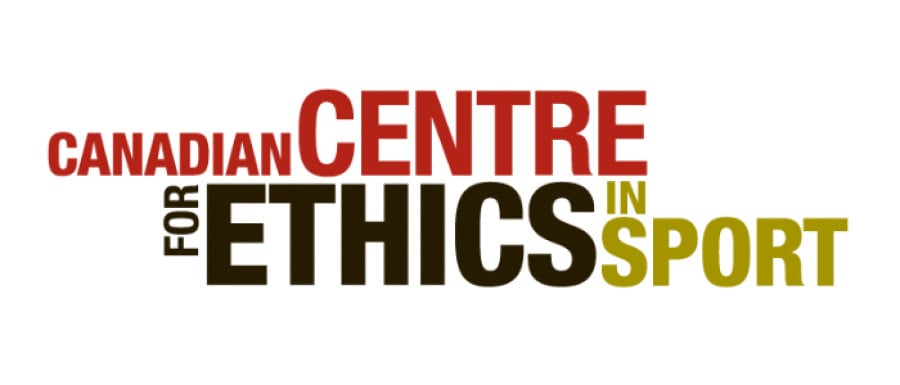U SPORTS Football Athlete Suspended for Presence of Cannabis
English
Press Release
20th March 2018
The Canadian Centre for Ethics in Sport (CCES) announced today that Kaleb Scott, a U SPORTS football athlete affiliated with Saint Mary’s University, received a two-month sanction for an anti-doping rule violation. The athlete’s urine sample, collected during in-competition doping control on September 23, 2017, revealed the presence of cannabis.
The presence of cannabis, classified as a “specified substance” on the Prohibited List, is considered an adverse analytical finding when the urinary concentration exceeds 150 ng/mL. Under the rules of the Canadian Anti-Doping Program (CADP), an athlete facing a first violation involving a “specified substance” can seek to have the sanction reduced. Based on CCES’ assessment of the athlete's degree of fault, the CCES proposed a two-month period of ineligibility.
In response to the CCES’ notification of the adverse analytical finding, Mr. Scott waived his right to a hearing and accepted a sanction of two months ineligibility from sport, which terminated February 28, 2018. During that time, the athlete, who resides in Halifax, NS, was ineligible to participate in any capacity with any sport signatory to the CADP, including training with teammates.
In compliance with rule 7.10 of the CADP, a copy of the CCES’ file outcome summary can be found at www.cces.ca/sanctionreg.
French
20th Mars 2018
Le Centre canadien pour l’éthique dans le sport (CCES) vient d’annoncer que Kaleb Scott, un athlète de football de U SPORTS de Saint Mary’s University, s’est vu imposer une suspension de deux mois pour une violation des règles antidopage. Cette violation a été découverte par l’analyse d’un échantillon d’urine recueilli durant un contrôle antidopage en compétition réalisé le 23 septembre 2017 qui a révélé la présence de cannabis.
La présence dans l’urine de cannabis, qui fait partie des « substances spécifiées » sur la Liste des interdictions, à une concentration supérieure à 150 ng/ml est considérée un résultat d’analyse anormal. En vertu des règles du Programme canadien antidopage (PCA), une athlète qui commet une première violation dans le cas d’une « substance spécifiée » peut demander que sa sanction soit réduite. À partir de l’évaluation faite par le CCES du degré de la faute de l’athlète, le CCES a recommandé une suspension de deux mois.
En réponse à l’avis du CCES concernant ce résultat d’analyse anormal, M. Scott a renoncé à son droit d’audience et a accepté deux mois de suspension (qui a terminé le 28 février 2018). Durant cette période, il était interdit à cet athlète, qui réside à Halifax en Nouvelle-Écosse, de participer, peu importe à quel titre, à tout sport organisé signataire du PCA, y compris de s’entraîner avec ses coéquipiers.
Conformément au règlement 7.10 du PCA, le résumé du dossier du CCES est affiché à l’adresse : www.cces.ca/fr/registre-canadien-des-sanctions-antidopage.




